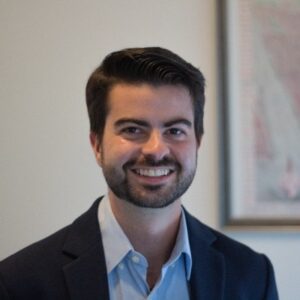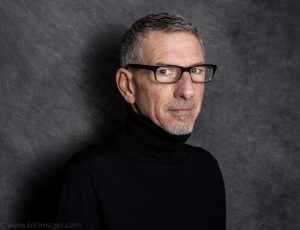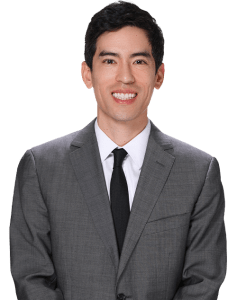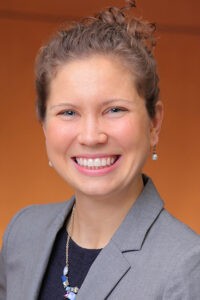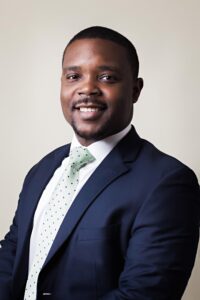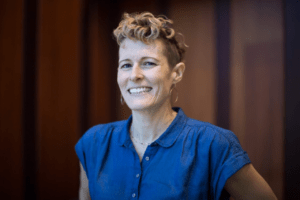
Anne Gordon (she/her)
Co-Chair, ACS North Carolina Lawyer Chapter
I learned about the American Constitution Society as a 1L at the University of Michigan Law School, where it seemed like all the cool progressive students were members. After school, I was lucky enough to become part of the incredible group of leaders running the ACS Bay Area Lawyer Chapter, where I made lifelong friendships and saw a model for how an excellent volunteer board can function – no easy feat! When I moved to North Carolina, one of the first things I did was look up the local ACS chapter, because I knew that’s where my people would be.
I went to law school to change the world, but haven’t really figured out what that means yet. So far, I’ve worked with and on behalf of people on California’s death row, advocated for incarcerated women and children on our southern border, and taught law students and lawyers both in the US and internationally. Currently, I am a Clinical Professor of Law at Duke Law School, where I direct our Externship Program and teach classes like Social Justice Lawyering, a Life Design seminar, and a Movement Lawyering Lab with Law For Black Lives (an organization you should really check out). I sit on community boards such as the ACLU of North Carolina, and feel strongly about using the law to support movements for social change.
While I would never consider myself an academic, I also write law reviews, op/eds, and articles on issues such as equity, inclusion, bias, teaching pedagogy, and feedback. I believe that those of us with power and privilege have an obligation to ensure that the spaces we occupy are not only open to diverse voices, but that we create space and opportunity for those voices (and the people attached to them) to thrive.
In my role as a clinical professor, I also want to ensure that students feel empowered to make their careers their own instead of stuffing themselves into a single model of legal practice that they’re told is the most prestigious or remunerative. Each one of my classes devotes a significant amount of time to looking toward students’ own values and priorities (and yes, even hopes and dreams) to find their own versions of success.
I love ACS because it helps me feel that I can work both inside and outside the system to make change. The fight against the rightward shift in our country’s judiciary and statehouses (even if not in the actual electorate) is going to take a combination of insiders working the levers of power and outsiders advocating to change what those levers are, and change who gets to be insiders in the first place. And I’m here for all of it! Especially in a state like North Carolina, progressives are going to need all the help we can get.

